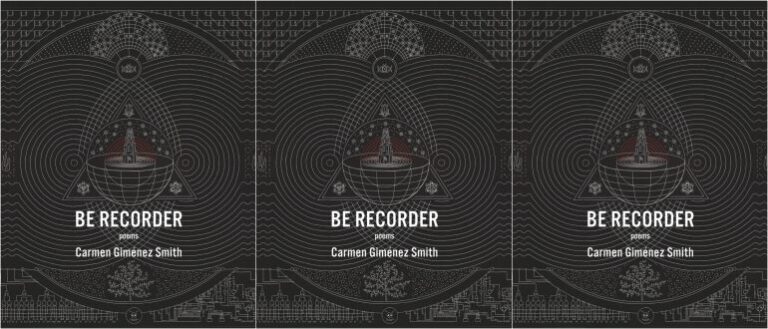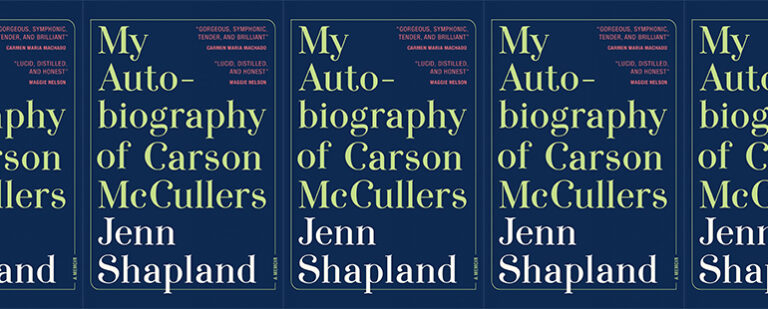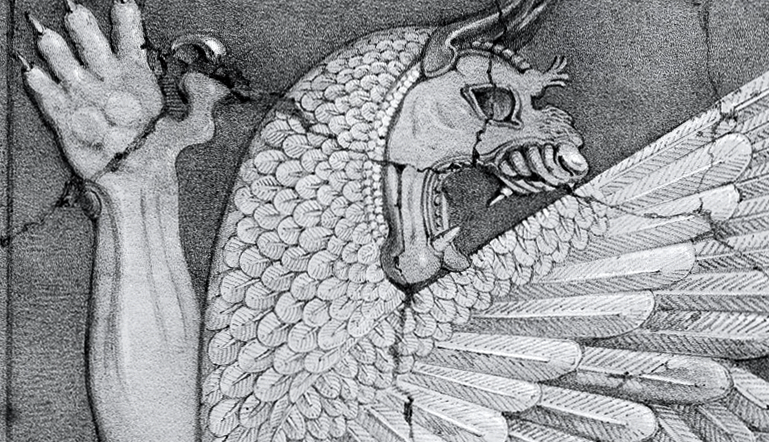“Written in a Terrible Irish Bar in the Bastille”: An Interview with Paisley Rekdal
 Paisley Rekdal’s writing explores identity in its many facets: the experiences and influences that make us who we are and all the ways we shape, and are shaped by, our world. Her work spans genres and continents, traveling great distances while focusing on our most tender and vulnerable moments. She’s the author of a book of essays, Night My Mother Met Bruce Lee: Observations on Not Fitting in; the hybrid-genre photo-text memoir Intimate: An American Family Photo Album; and five books of poetry, including Invention Of The Kaleidoscope, Animal Eye and, most recently, Imaginary Vessels. A book-length essay, The Broken Country: On Trauma, a Crime, and the Continuing Legacy of Vietnam, was also just published this fall. Paisley teaches at the University of Utah and was recently named the state’s Poet Laureate. I had the chance to connect via email with this writer I’ve long admired to talk about Imaginary Vessels as well as her current writing projects and what she’s been reading.
Paisley Rekdal’s writing explores identity in its many facets: the experiences and influences that make us who we are and all the ways we shape, and are shaped by, our world. Her work spans genres and continents, traveling great distances while focusing on our most tender and vulnerable moments. She’s the author of a book of essays, Night My Mother Met Bruce Lee: Observations on Not Fitting in; the hybrid-genre photo-text memoir Intimate: An American Family Photo Album; and five books of poetry, including Invention Of The Kaleidoscope, Animal Eye and, most recently, Imaginary Vessels. A book-length essay, The Broken Country: On Trauma, a Crime, and the Continuing Legacy of Vietnam, was also just published this fall. Paisley teaches at the University of Utah and was recently named the state’s Poet Laureate. I had the chance to connect via email with this writer I’ve long admired to talk about Imaginary Vessels as well as her current writing projects and what she’s been reading.
Matthew Thorburn: In Imaginary Vessels, you consider and examine a wide variety of “vessels”—including a number of historical figures brought to life through persona poems, such as Mae West, W.C. Fields, and Elizabeth Beaman. What draws you to persona poems? How do you go about imagining or creating the person’s voice?
Paisley Rekdal: I love persona poems! In many ways, of course, the personas are still “me,” or reflective of some anxiety that I have as a person in the world and as a writer. But writing persona poems is also incredibly freeing: it’s fun to imagine plot and story, to develop character, and think about cause and effect—things that I don’t normally consider in poetry. And I love research—in graduate school I attended the Centre for Medieval Studies at the University of Toronto, which gave me a lifelong passion for interdisciplinary research projects. For voice, I spend a lot of time thinking about form. Beaman’s letter is blank verse, while the Mae West poems are sonnets, with the additional formal requirement that—with only two notable exceptions in the sequence—all the words in each sonnet must be composed of the letters in the Mae West one-liner that either opens or closes the poem. It was a way of trying to duplicate her wit, get into her rhythms, and also show how torturously “closed” her performance of self ultimately was.
MT: Near the center of your book is “Shooting the Skulls: A Wartime Devotional,” a sequence of poems meditating on Andrea Modica’s photographs of skulls unearthed from the Colorado Mental Health Institute. These poems—much like Modica’s photographs which are reproduced in your book—are surprising, haunting, deeply evocative, kind of other worldly. Would you share the story of how you came to write these poems?
PR: A friend gave me Modica’s book as a gift: I’d never heard of her before, but was immediately arrested by the beauty of her photographs, and startled, too, by how—when writing about them as an exercise—I turned to the war histories of men in my family. There’s nothing about the skulls that should do this, but I was compelled in that direction. Later, I read the forensic archeological work of Shannon Novak, who argued that, lacking the physical remains of our loved ones or of traumatic events, we will often invest fragments of clothing, buttons, or other found detritus with personal meaning. It’s ethically problematic, but it’s also quite human. For me, the photos remind me that, when it comes to history, we struggle between wanting, accurately, to recover the lost and wanting to overwrite the lost through our representations of the past.
MT: What’s your writing process like? And more specifically, would you talk about your experience writing “Birthday Poem”?
PR: “Birthday Poem” came out in a rush: most of my poems don’t, but the ones I always keep for books tend to be those surprisingly quick drafts that, for some reason, just work. My normal process is to write in my home office, but almost all the poems from Imaginary Vessels came from my time traveling for the Amy Lowell Poetry Traveling fellowship. I lived half the year in Paris, half the year in Hanoi, and used those two cities as home bases to travel around Europe and Southeast Asia. In the end, I went to over 11 countries, so I was constantly forced out of my comfort zone, writing in unfamiliar rented apartments and cafes, on trains and planes and boats. “Birthday Poem” was written in a terrible Irish bar in the Bastille, a few blocks away—it turns out—from where the Paris terrorist attacks took place last November.
MT: What are you working on now? What’s next for you?
PR: I just finished a book entitled Nightingale, which rewrites many of the central myths of Ovid’s The Metamorphoses. I’m planning to turn now to a lyric nonfiction work that considers whether there are any ethical reasons to turn to violence—outside of self-protection, of course.
MT: What have you read recently that moved you?
PR: Outside of Ovid, I’m reading City Terrace: A Field Manual by Sesshu Foster, and loving it: these are hybrid prose-poems/mini-life studies of people in his neighborhood, and it’s a subtle examination of race and class and place—a re-thinking of urban environmental literature. I also just finished A Pillow Book by Suzanne Buffam and found myself laughing out loud several times. It’s so rare for poetry or poetic nonfiction to be funny, and I always appreciate writers willing to risk being humorous. Also reading the nonfiction book On Trails, by Robert Moor, and appreciating his wide-ranging approach to what trails are, and what they mean. For “pure” poetry, I return over and over to Pigeon by Karen Solie, and anything by Robyn Schiff.
—————————————————————————————————————————————–


